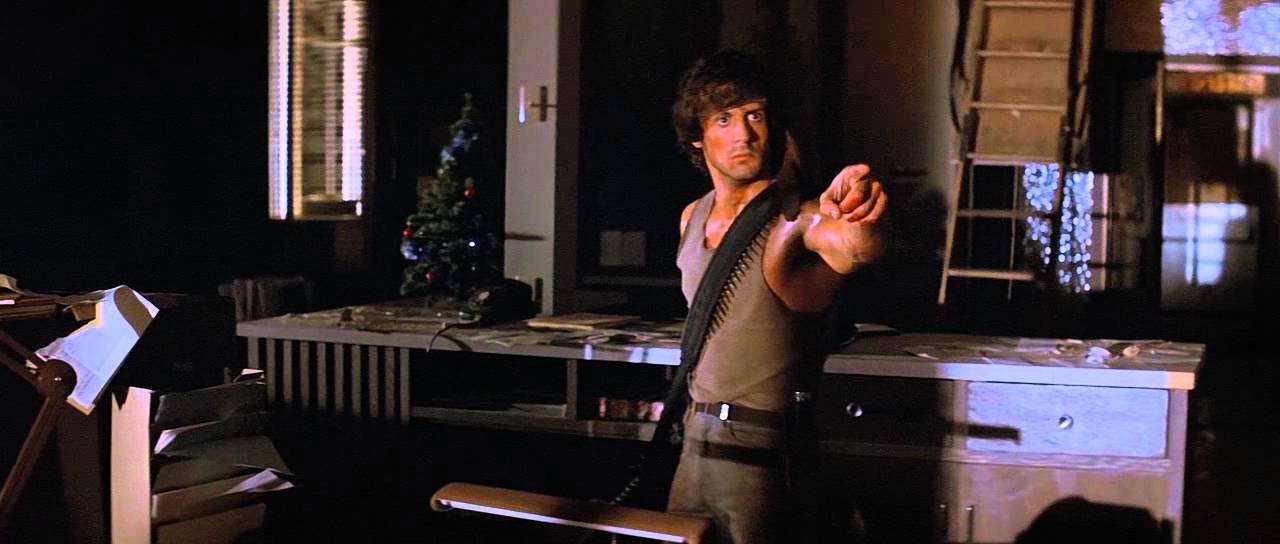The Minnesota Twins lost a home game to Cleveland on Thursday night to cut their American League Central Division lead to one game. But more often than not, the Twins win even when they lose.
The Indians thought they had a nice, easy victory ahead of them after starting pitcher Mike Clevinger completed seven innings and allowed just two runs. Cleveland had a comfortable four-run lead for its very good bullpen to protect. Manager Terry Francona probably thought he could get away with using just three pitchers for the entire game after his bullpen exclusively pitched the second game of a doubleheader the day before. Instead, Francona made three pitching changes in the eighth inning alone, using four pitchers to get the final six outs of the game.
In the 45 games Minnesota has lost, the Twins have forced opponents to use four or more pitchers in 33 of them and five or more pitchers 20 of those games. And in just four of the Twins’ losses were opponents using the bullpen to pitch the entire game. Minnesota has been beaten by a team using three or fewer pitchers just 10 times in 2019. Only the Los Angeles Dodgers are better in that regard, beaten by three or fewer pitchers just nine times. Cleveland has been beaten by three or fewer pitchers 17 times.
A similar thing happened to the Atlanta Braves at Target Field. The Braves scored seven runs before the Twins scored in the bottom of the sixth inning on Wednesday. It took Atlanta six pitchers to complete the game while the Twins used just two. The day before, the Braves scored 11 runs before the Twins got on the scoreboard in the bottom of the sixth inning. The Braves used five pitchers to complete the game; Minnesota used three. What does that tell us about the Twins? Basically, “nothing is over” and they “can’t just turn it off.”
Minnesota’s opponents might draw first blood, but the Twins don’t bleed out easily. The Twins don’t change their approach at the plate regardless of score, inning, or pitcher. They’re going to grind out plate appearances, make pitchers throw strikes, and hunt a pitch in a place they can drive for an extra-base hit. They’ll slowly and methodically frustrate pitchers to the point they’re unavailable the next day or, perhaps, the rest of the series. Think of it like the Twins’ opponents as being forced to give employees overtime because someone came to work sick and isn’t being very productive. All those extra innings, outs, and pitches add up and contribute to wins later in the series and the season. In the American League, even the New York Yankees aren’t as cruel to opposing pitching in their losses.
The Yankees have seen 175 pitchers in their 39 losses, so on average, 4.49 pitchers have been required to beat the Yankees. If you want to beat Minnesota, it’s taken an average of 4.67 pitchers per victory. For some perspective, the Indians have required opponents to use just 3.98 pitchers to beat them, and the Houston Astros have seen an average of 3.93 pitchers in their losses. Only the Dodgers have exhausted opposing pitchers more than Minnesota, forcing 4.7 pitchers onto the mound in wins against them.
I’m beginning to expect the Twins to comeback and win just about every game these days. I was asleep for most of Monday’s game against the Atlanta Braves and awoke to Miguel Sanó pinch-hitting in the bottom of the ninth with a runner on base in a tie game. I made a “we got this” motion toward the TV as I turned on my side so I could go back to sleep immediately upon Sanó hitting a walkoff dinger. After taking a pitch, he did just that, and I turned off the television after his postgame interview, satisfied and ready for sleep.
It’s not that I don’t find Twins games entertaining. Minnesota’s one of the few teams in baseball that is entertaining in these days of all-or-nothing baseball. I laid brick pavers along the side of my house on Saturday, so the last two days I’ve been about as tired and sore as I’ve ever been in my life. My dad and I struggled to stay awake for Sunday’s game against Kansas City after Jerry Bell’s long speech and Twins Hall of Fame induction ceremony. I awoke to Jason Castro hitting a home run in the seventh inning to make it 2-0. The next time I awoke to Devin Smeltzer getting hugs from teammates for earning his first Major League win, 3-0. Smeltzer has been the ultimate strike-thrower since his promotion to the bigs, and should get a chance to at least pitch out of the bullpen in the postseason. His five innings against the Yankees in which he only allowed a solo homer to Edwin Encarnacion was the best pitching the Twins got in that series.
There’s something to be said for “makin’ ’em work,” and only the Dodgers make teams work more for wins against them than the Twins.



